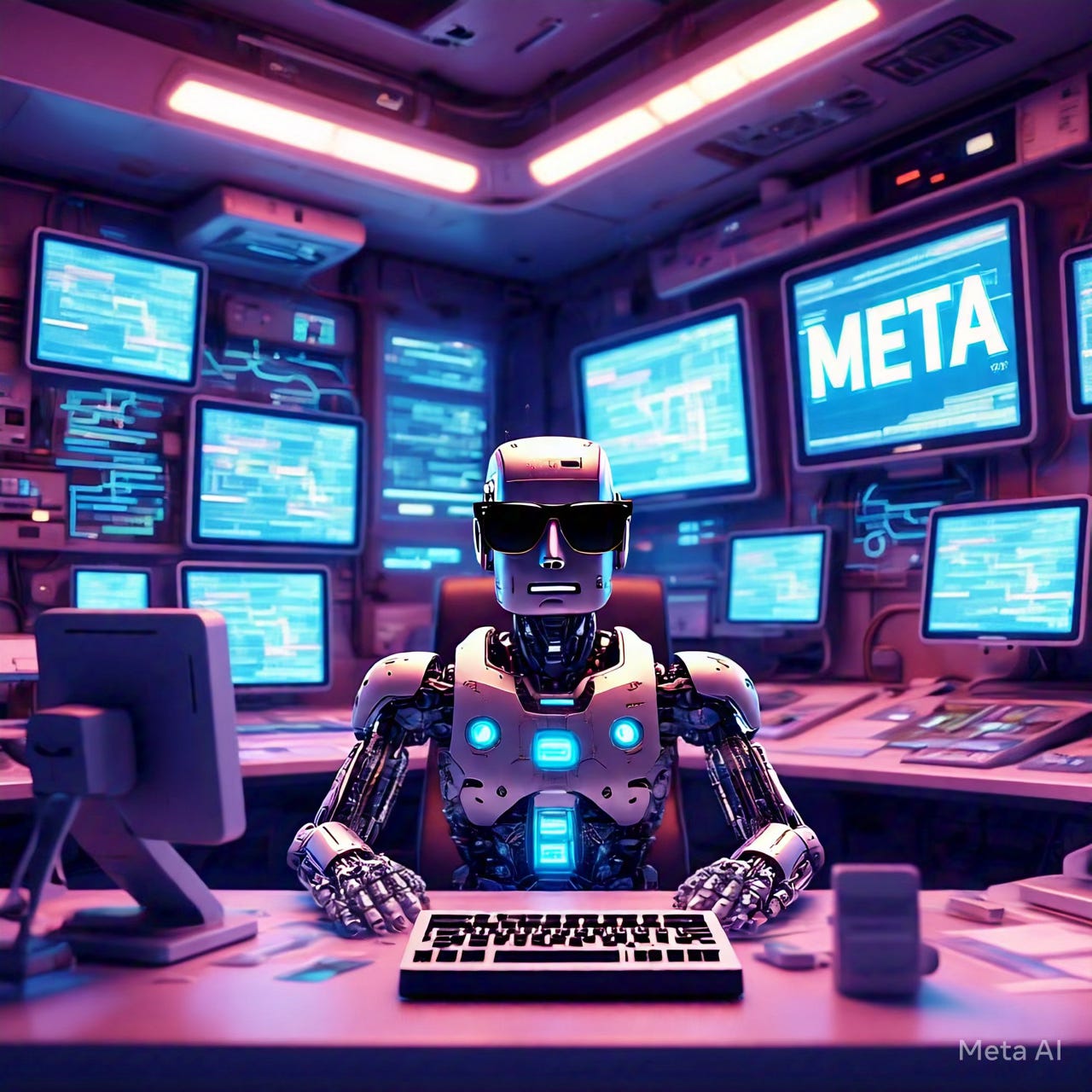Mark Zuckerberg Says AI Could Soon Do The Work Of Meta's Midlevel Engineers
Meta CEO Mark Zuckerberg says the work of midlevel software engineers can soon be outsourced to Artificial Intelligence
This year coding might go from one of the most sought-after skills on the job market to one that can be fully automated. Mark Zuckerberg said that Meta and some of the biggest companies in the tech industry are already working toward this on an episode of the Joe Rogan Experience on Friday.
"Probably in 2025, we at Meta, as well as the other companies th…
Keep reading with a 7-day free trial
Subscribe to Neural News Network to keep reading this post and get 7 days of free access to the full post archives.



